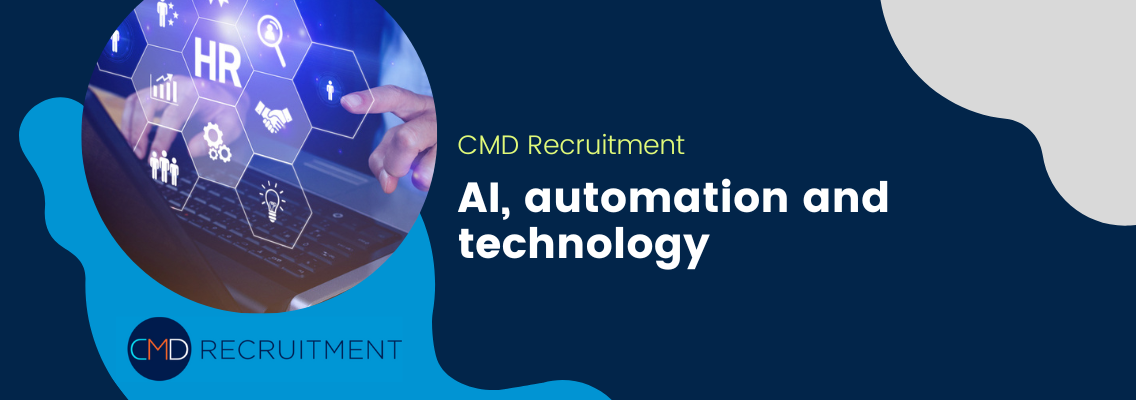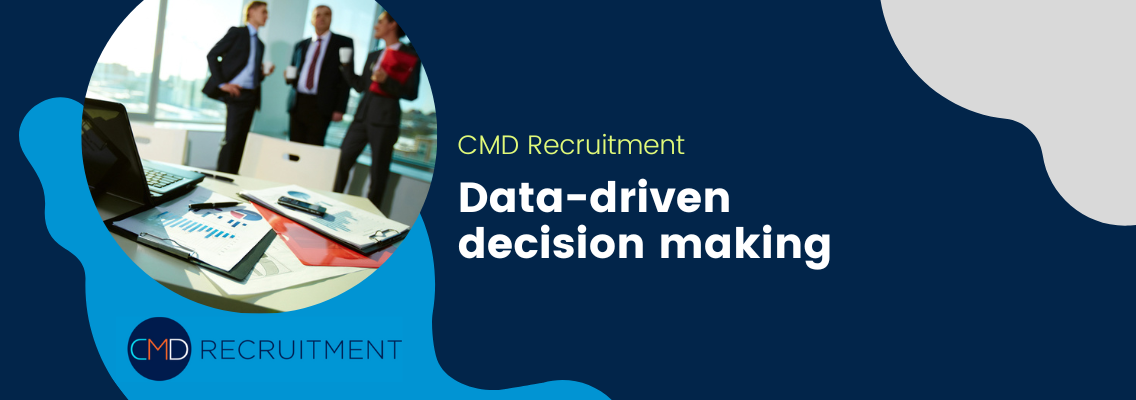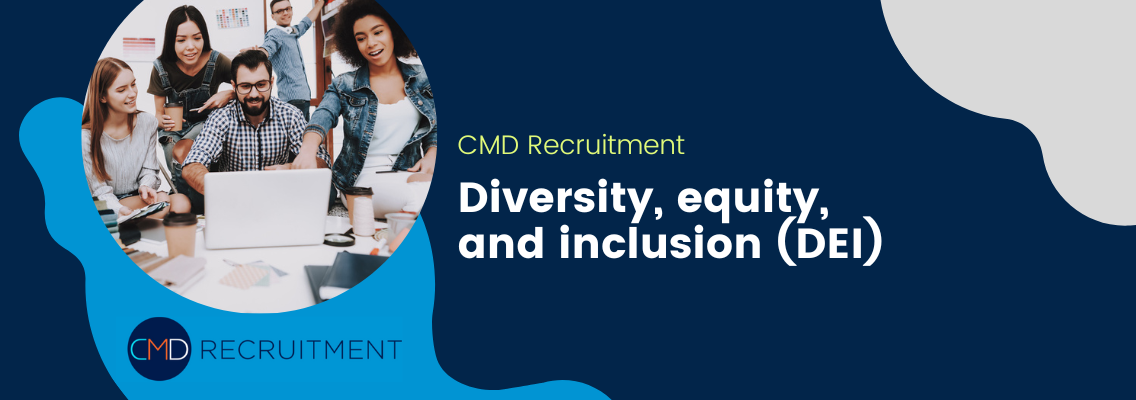Important notice - We are aware of a scam where people are impersonating CMD Recruitment to offer jobs via WhatsApp & Telegram. This is a scam, CMD Recruitment will never contact new candidates via these methods. Any legitmate offer from CMD Recruitment would be made via a telephone call.

January 22, 2024
If the pandemic taught us anything, it was that predicting what happens in the future is nearly impossible. It also taught us the value of being flexible to change, as companies that were able to quickly adapt to the challenges were more likely to succeed.
The world of Human Resources (HR) is undergoing a rapid transformation, driven by technological advancements, shifting workplace dynamics, and evolving employee expectations. 2030 is just 6 short years away, but we could see incredible advancements in this time as AI continues its relentless march forward.
As we look ahead to 2030, the future of HR promises to be dynamic, innovative, and more people-centric than ever before. In this article, we explore the key trends and changes that are shaping the landscape of HR in the next decade.

One of the most significant shifts in HR is the increasing integration of artificial intelligence and automation. In 2030, HR professionals are likely to rely heavily on AI for tasks such as candidate screening, employee onboarding, and predictive analytics for talent management.
Automation will streamline routine administrative tasks, allowing HR teams to focus on more strategic and human-centric aspects of their roles. Knowledge of AI and automation will become essential for employees if they don’t want to risk being replaced.
Knowing how to use these tools will be essential to ensuring you aren’t replaced by them. This is why employees should act now to bring their teams up to speed on automation and AI technology.

By 2030, boomers will be approaching retirement age and leaving the workforce. They will be replaced in top management roles by Gen X and then Millennials, who will finally have their moment and be able to implement the changes they have been so keen to introduce.
Boomers joined the workforce when there were strict hierarchical structures and clear departmental silos, whereas Millennials are keen for more cross-departmental collaboration. We might see less importance placed on job titles and management. Gen X are keen for greater independence and a move away from micromanaging. Both of these changes could have significant impact on management structures.
For the first time, all of those entering the workforce will be digital natives (people who have grown up with technology) but there will still be gaps between digital skills. Younger generations will have grown up with different technology, including virtual reality, which means there may still be discrepancies between digital knowledge and experience.

HR in 2030 will be characterised by data-driven decision-making processes. The availability of vast amounts of employee data will enable HR professionals to make informed choices related to talent acquisition, performance management, and employee engagement.
Predictive analytics will help organisations identify potential issues and take proactive measures to address them, contributing to a more agile and responsive HR function. As much as we want to move forward with data-driven decision making, it’s important to still humanise this information. We cannot risk losing the human element of human resources.

Employee experience will be a top priority for HR in the future. Companies will recognise the importance of creating a positive and inclusive work environment that fosters employee wellbeing.
HR professionals will play a crucial role in designing and implementing programs that focus on mental health, work-life balance, and professional development, ensuring that employees feel supported and engaged.
At the heart of this will be a focus on fair and transparent pay, open communication and improving opportunities for workers to upskill and reskill if their jobs are at risk.

The COVID-19 pandemic has accelerated the adoption of remote work, and in 2030, remote and hybrid work models will be the norm rather than the exception. HR departments will need to adapt to manage geographically dispersed teams effectively.
This includes developing policies that support remote work, leveraging collaboration tools, and fostering a sense of connection among remote employees. Remember that motivations for wanting remote and hybrid work models will change throughout a worker’s life.
Young workers might want the flexibility to buy back additional holiday time to take an extended trip. Middle aged workers are likely to want the flexibility to be able to keep up with the demands of parenting. And older workers might want to work from home to skip the commute and make better use of their time. Being flexible and adaptable will set good companies apart from the competition.

As the pace of technological change accelerates, HR in 2030 will emphasise continuous learning and skill development. Organisations will invest in upskilling and reskilling programs to ensure that their workforce remains adaptable and equipped with the latest skills.
HR professionals will play a crucial role in identifying skill gaps, curating learning resources, and promoting a culture of continuous learning within the organisation.

Diversity, equity, and inclusion will be central to HR strategies in 2030. Companies will prioritise creating diverse and inclusive workplaces, recognizing that it contributes to innovation, employee satisfaction, and overall business success.
HR professionals will take proactive measures to address biases in recruitment, promotion, and other HR processes, fostering a culture of belonging within the organisation. As AI technology and big data helps to influence decision making, it will be vital for HR to still have a human touch that will protect workers from biassed decision making.
The future of HR in 2030 holds exciting possibilities, driven by technology, a focus on employee experience, and a commitment to creating inclusive and flexible workplaces.
HR professionals will need to embrace these changes, adopting new skills and strategies to navigate the evolving landscape successfully. They will also need to support workers as the generational changes in organisations take place and there is a symbolic “changing of the guard” from Boomers to Gen X and Millennials.
As organisations continue to recognise the strategic importance of their human capital, the role of HR will become increasingly integral to shaping the future of work.
Back to Blog